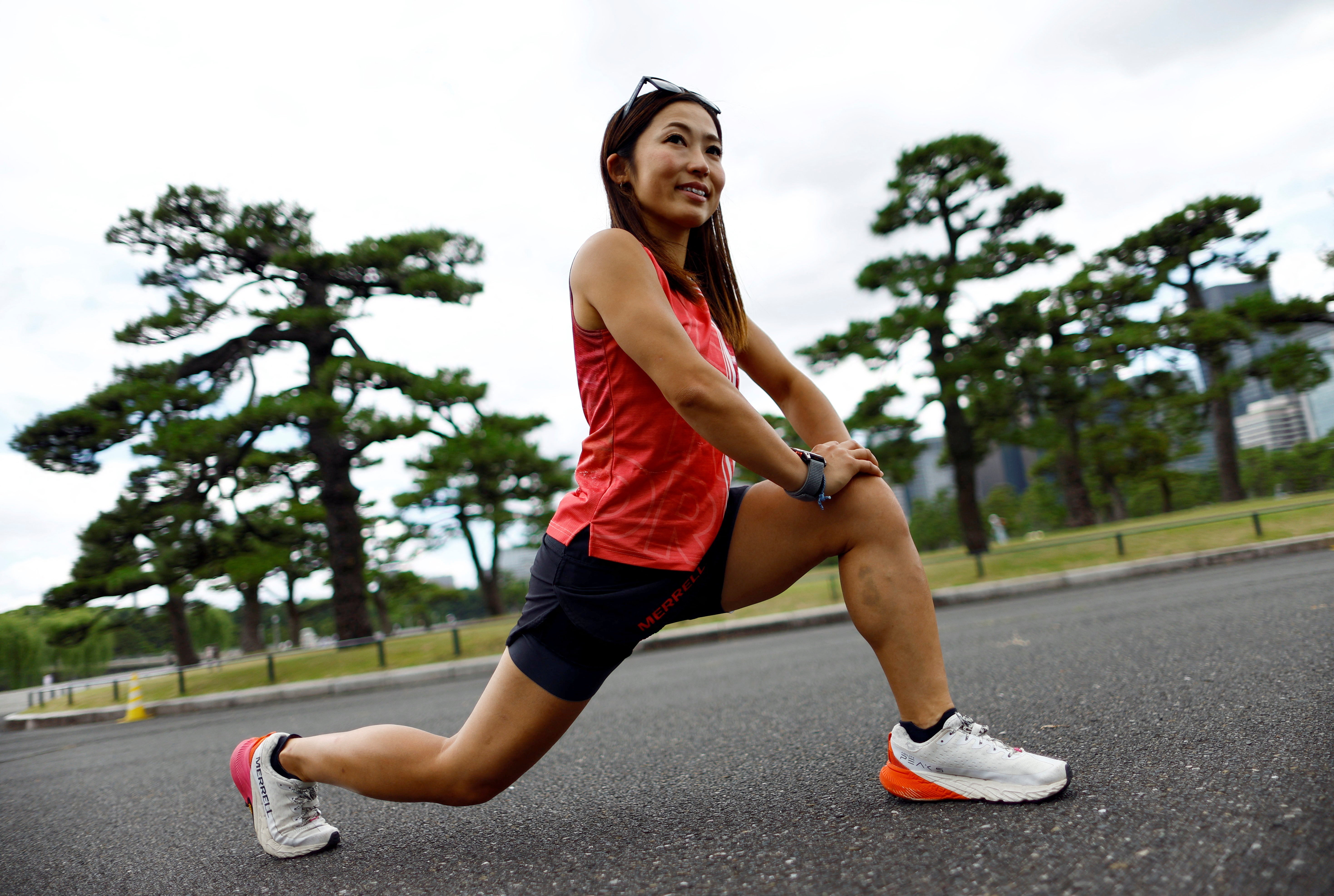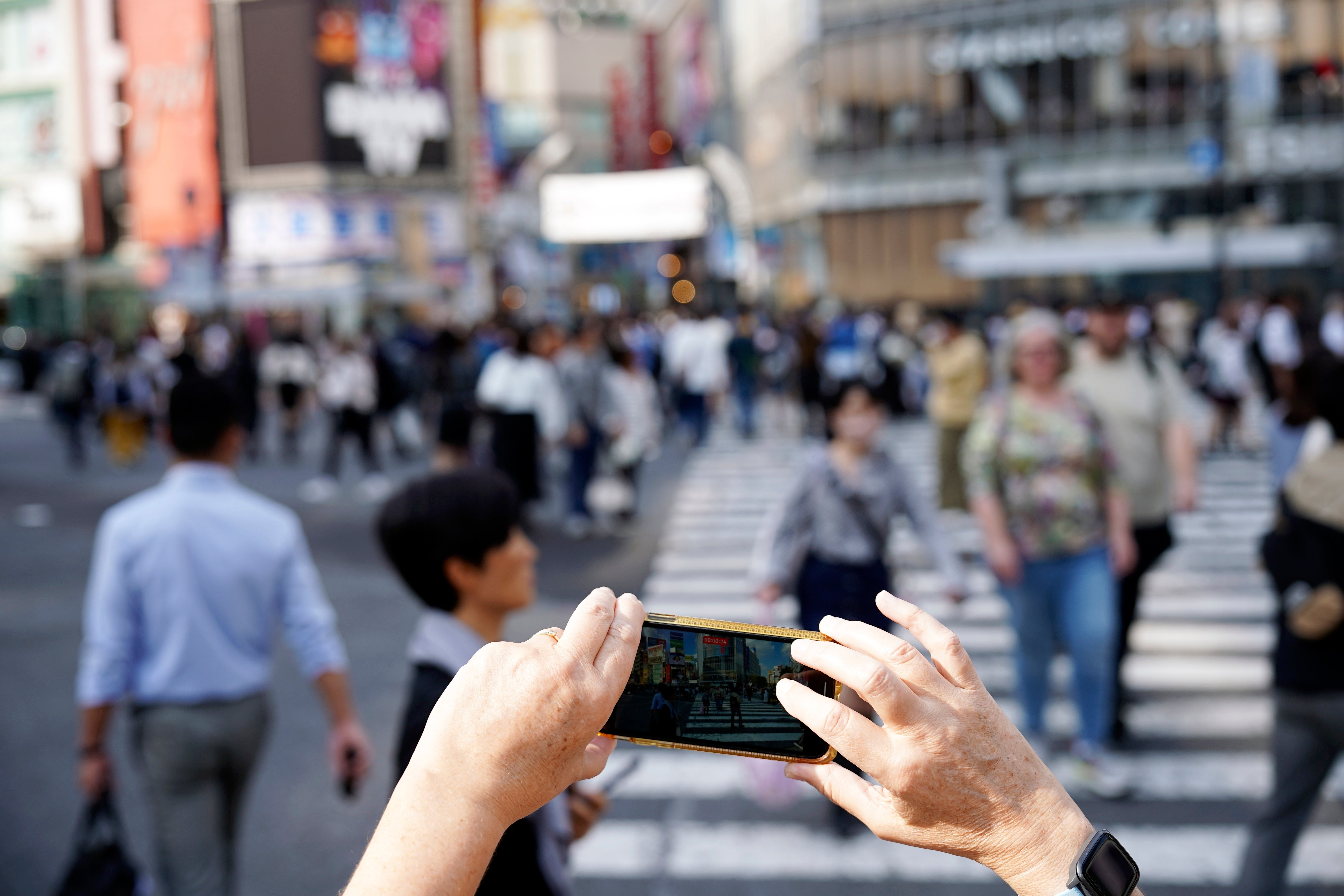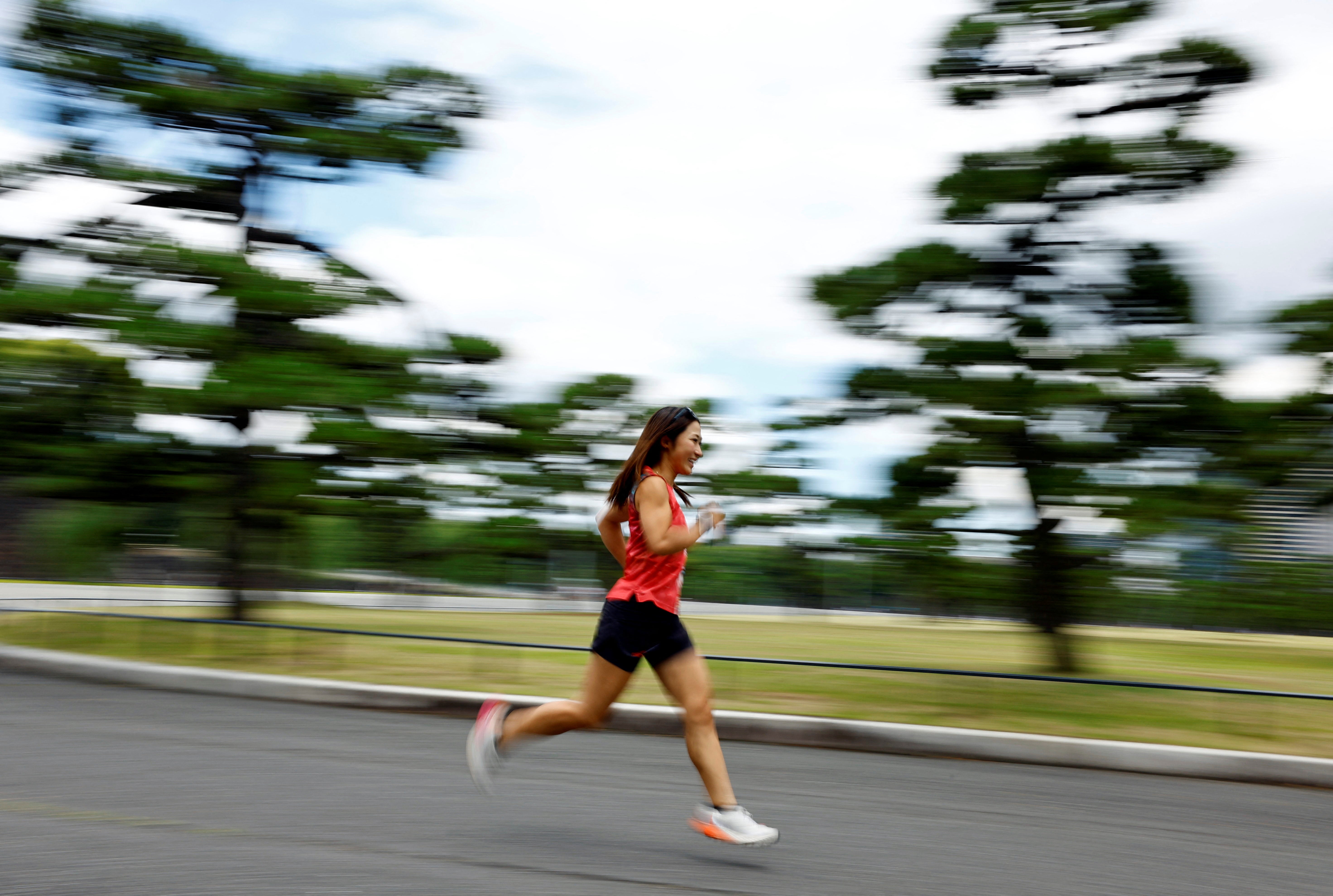As Japan’s birthrate drops, runner freezes her eggs to sustain a dream
The country’s birthrate fell for eighth straight year

Your support helps us to tell the story
From reproductive rights to climate change to Big Tech, The Independent is on the ground when the story is developing. Whether it's investigating the financials of Elon Musk's pro-Trump PAC or producing our latest documentary, 'The A Word', which shines a light on the American women fighting for reproductive rights, we know how important it is to parse out the facts from the messaging.
At such a critical moment in US history, we need reporters on the ground. Your donation allows us to keep sending journalists to speak to both sides of the story.
The Independent is trusted by Americans across the entire political spectrum. And unlike many other quality news outlets, we choose not to lock Americans out of our reporting and analysis with paywalls. We believe quality journalism should be available to everyone, paid for by those who can afford it.
Your support makes all the difference.Japanese champion runner Tomomi Bitoh completed a 170-km (106-mile) race in the Himalayas last November, and immediately made a beeline for a Tokyo clinic to begin freezing her eggs, hoping to keep alive her dream of becoming a mother.
The 33-year-old former childcare worker is one of a growing number of Japanese women joining in a trend authorities in the world’s most advanced ageing society hope will stem further declines in the birthrate.
“I have this big dream of becoming number one in the world,” said Bitoh, who placed second among women in the 2021 Marathon des Sables, regarded as one of the world’s toughest long-distance races.
“I don’t think that’s something I can do 10 or 20 years from now, after having a child. It’s now or never.”
The average number of children born to a Japanese woman fell to a fresh low of 1.20 in 2023, data from the health ministry showed on Wednesday.
The figure marks an eighth successive year of decline and is far below the 2.07 experts consider necessary to maintain a stable population.

Japan says its demographic woes are a “quiet national emergency” that stifles growth and puts a heavy strain on its social security system.
The government, which says the difficulty of balancing a career and child-rearing are among the key deterrents to having children, has earmarked billions of dollars for efforts it hopes will reverse the trend.
Last year authorities in the capital started offering subsidies of up to 300,000 yen ($1,900) to women aged between 18 and 39 to have their eggs frozen for future pregnancies.

So far, the signs are not encouraging.
As many as 55% of single men and women in their late teens and 20s have no desire to ever have a child, an annual poll by Rohto Pharmaceutical showed in December, the first time that a majority of respondents has made that choice.
In 2023, Tokyo’s birth rate dipped below 1 for the first time, ministry data showed.
“It is getting hard for young people to have bright prospects,” city officials said in a statement.
“That could be one of the factors behind the declining child births,” they added, calling for the central government to tackle the problems and find fundamental solutions.
Bitoh called for more public support for families who are bringing up children, as well as a shift away from traditional views that burden women with domestic work.
“It costs a lot of money to raise children,” she said. “And men find it harder than women to take childcare leave. Improvements in such areas would make people become more positive about having children.”
Join our commenting forum
Join thought-provoking conversations, follow other Independent readers and see their replies
Comments